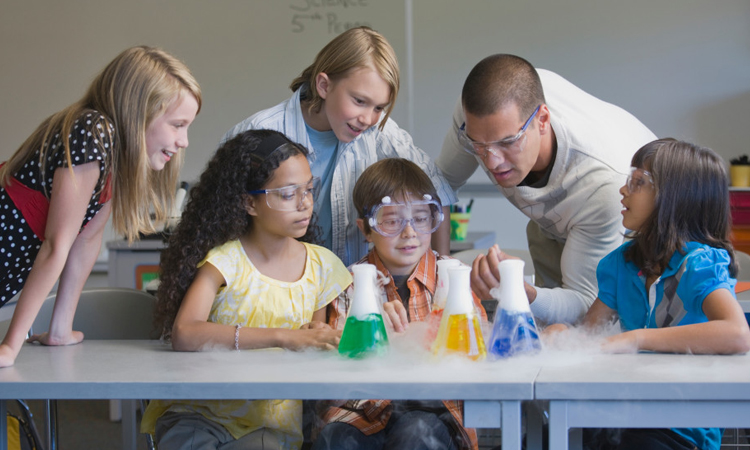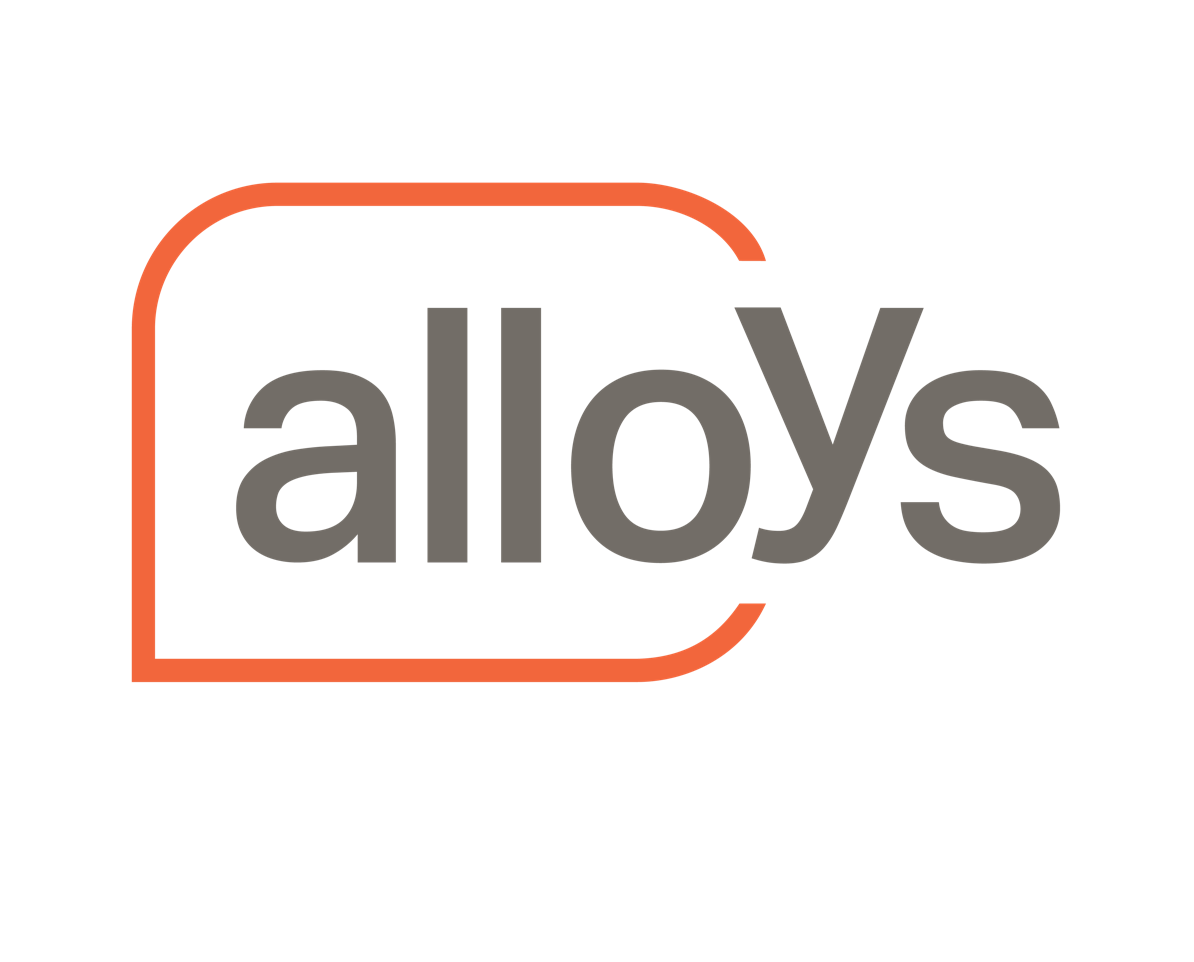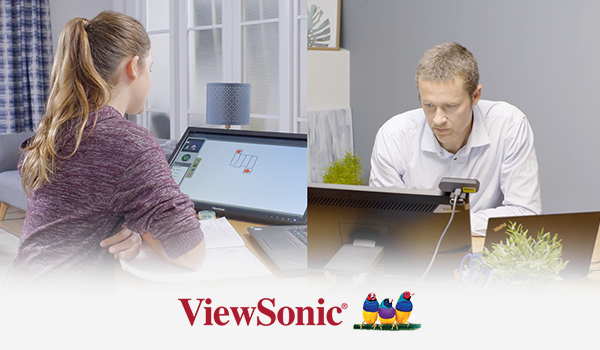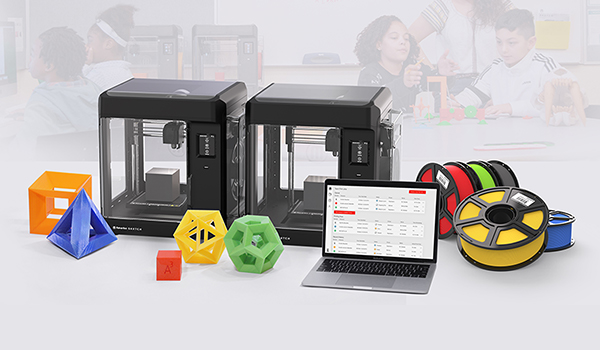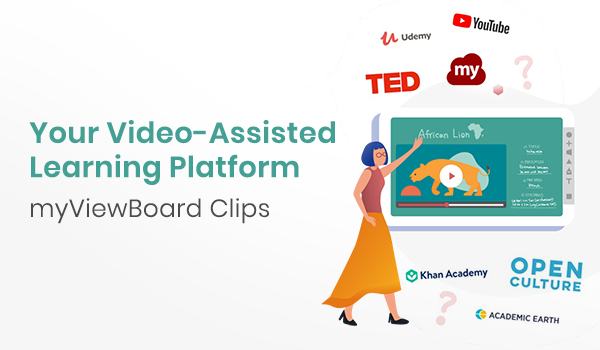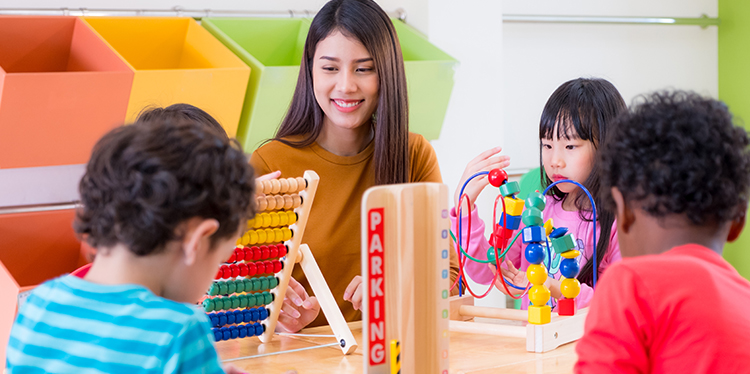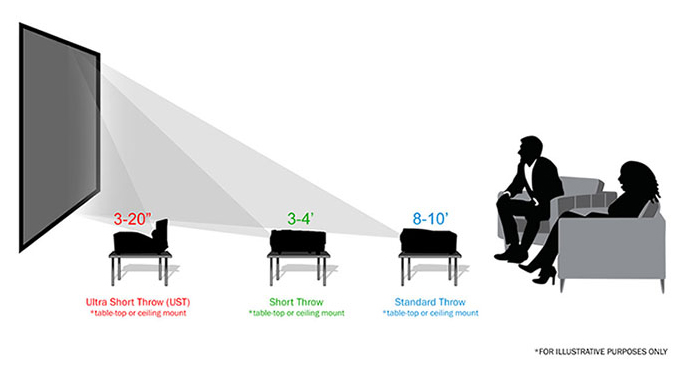Who was your best teacher?
I expect most of us can recall the names of at least a few favourites (and a few less favourites). Inspirational, authoritarian, sympathetic, exacting, fun – teachers, like everyone else we meet come in all forms.
But many of the basic principles of schooling and student-teacher relationships have remained recognisable from generation to generation.
That is all about change, and the latest innovations to education will not be driven by changing social attitudes, but disruptive technology and the needs of the future workplace.
The more dynamic, technologically advanced workplace of 2025 will require a workforce that is collaborative, flexible and comfortable adapting to new skills and roles. Meta learning, or the art of self-teaching, will be an indispensable skill.
As such the focus of education, and the role of teachers is changing.
A ‘guide on the side’ not a ‘sage on the stage’
In its latest research into the impact of technology in key sectors, 17 leading thinkers were asked to describe educational norms in 2025. These hypotheses were then tested among leaders and employees with key sectors.
Russel Stannard, Education Technologist and founder of www.teachertrainingvideos.com predicted that “there will be a skill shift in teaching, as teachers become more of a ‘guide on the side’ and not a ‘sage on the stage’.”
Predictions are that teachers will take on the role of guiding students through the learning process. Majority agreed that the application of information and analytical skills will therefore be the focus in the education system of tomorrow.
This shift will be supported by an array of new technologies like interactive projectors, 3D printers, augmented reality and cobots (collaborative robots), that will facilitate an increasingly blended mix of online and offline learning. For example, augmented reality will make some science demonstrations more practical, safer and less time consuming to fit into a lesson schedule.
According to David White, Head of Digital Learning, University of the Arts London, “teaching the use of technologies is outdated; teaching practical skills and equipping students with the ability to use different platforms interchangeably is the future.”
The benefits of a ‘guide on the side’
As teachers become less responsible for solely imparting knowledge, they will be better able to take on the parallel role of life coach. Expectations are that learning will become more tailored and personalised towards the individual as a result.
Education is also predicted to become more dynamic and efficient by 2025, ‘blended learning’, the mixed use of online and offline learning resources will help to achieve this.
Helping teachers adapt to new priorities
Our teachers are on the frontline of the forthcoming shift in workplace culture.
In order to help develop the skills required by the workplace of tomorrow, the teachers of today will need to adapt their own capabilities and approaches over the coming decade. This will not be without its challenges.
Teachers need to be equipped to train students with the skills required to use the technology that will be integrated into education over the next decade.
The favourite teacher of the future
The importance of teachers, policy makers, technology companies and schools working together to facilitate a bridge from today’s educational norms to those of 2025 is critical.
However, the favourite teachers of tomorrow will be those able to talk the language of meta-learning, blended learning and personalised lesson goals.
Source: Epson

